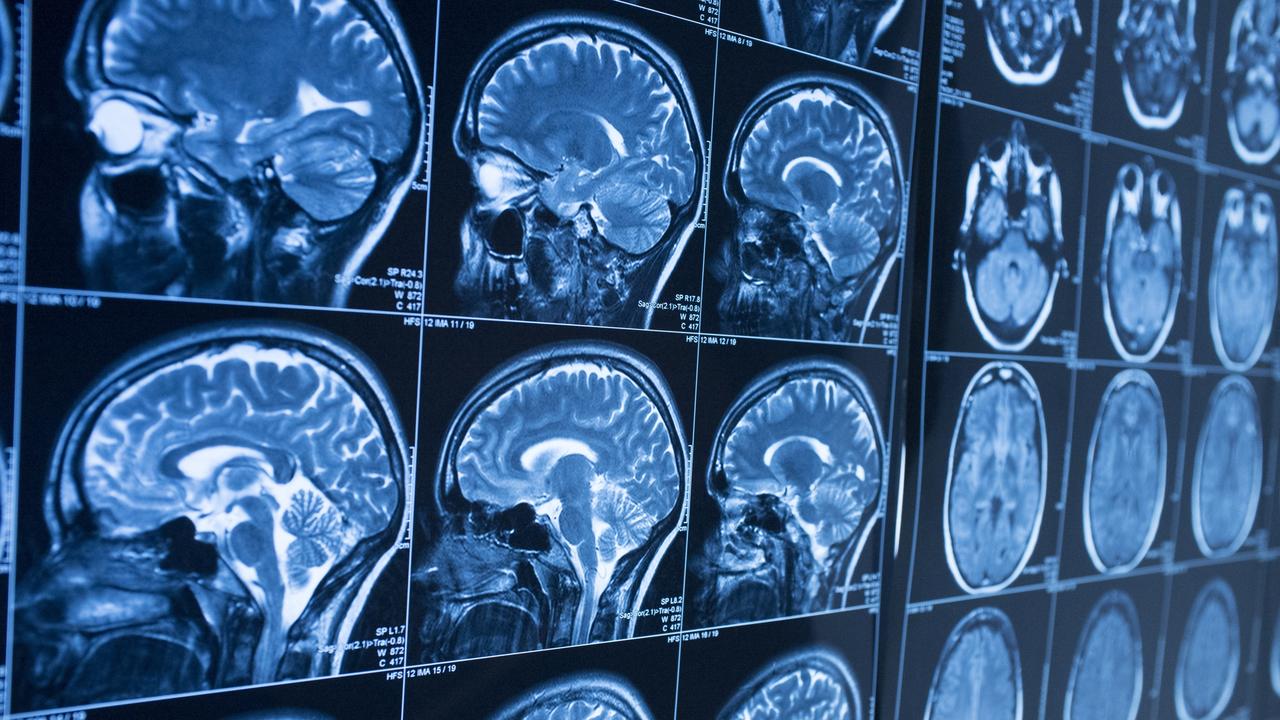A 19-year-old man in China has been diagnosed with Alzheimer’s disease.
It is the youngest case of the neurodegenerative condition ever reported, according to the South China Morning Post.
The man, who was treated at Capital Medical University’s Xuanwu Hospital in Beijing, had been experiencing gradual memory loss symptoms for two years, the NY Post reports.
It had gotten to the point that he could not remember things that happened within a day nor where his belongs were.
His condition, which made the man abandon high school early, also caused delays in his reading and reacting abilities.
After having the case of probable “early-onset Alzheimer’s disease” detailed in a study published in the Journal of Alzheimer’s disease, researchers learned even more shocking details about the man’s unique diagnosis.
“This is the youngest case ever reported to meet the diagnostic criteria for probable [Alzheimer’s disease] without recognised genetic mutations,” the authors said.
Prior to this man, whose name remains undisclosed, almost all patients suffering from the disease under 30 — 5 per cent to 10 per cent of patients contract the disease before 65 — had genetic mutations at play.
Previously, the youngest case ever recorded was a 21-year-old who had a PSEN1 gene mutation, which caused the build-up of abnormal proteins and toxic plaques, ScienceAlert reported.
The most recent rare case is also pushing researchers to look at the “nature” of dementia in a new light, according to Journal of Alzheimer’s disease editor-in-chief George Perry, a professor at the University of Texas at San Antonio.
“This case brings attention to the heterogeneous nature of dementia that can involve people at any age,” he told the outlet.
“Significantly, this finding may separate Alzheimer’s disease from the complexity of ageing and open the field to new concepts to promote innovation.”
The new case study about the teen has prompted calls for a closer look at how Alzheimer’s could affect young people in the years to come.
However, doing so might be one of the biggest challenges in neurology, the authors warn.
More Coverage
“[The study] proposed to pay attention to the early-onset Alzheimer’s disease. Exploring the mysteries of young people with Alzheimer’s disease may become one of the most challenging scientific questions of the future,” according to the study.
This article originally appeared on NY Post and was reproduced with permission
Read related topics:China

